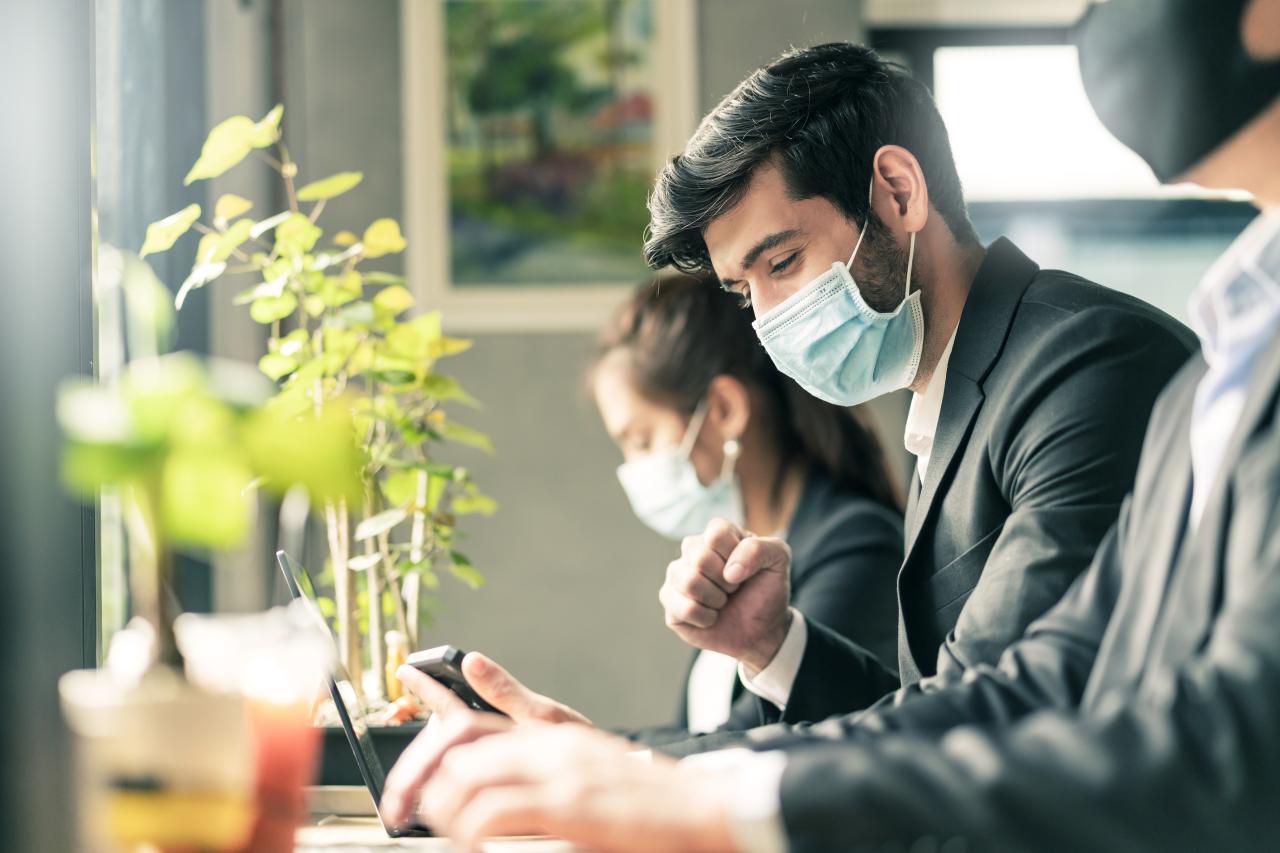
As businesses, schools, and public spaces reopen, there is a need to find ways to make indoor environments safer and cleaner to prevent the spread of the COVID-19 Delta variant. UVGI (ultraviolet germicidal irradiation) technology has gained attention as an effective method for air treatment. Proper ventilation, air filtration, UVGI lights, and air quality monitoring are crucial for public spaces in combating the spread of the virus. Many scientists emphasize the importance of focusing on air quality rather than rigorous surface disinfection.
COVID-19: About the Delta variant

The COVID-19 Delta variant, first identified in India in October 2020, has rapidly become the dominant strain globally. It has spread to over 100 countries and is known to be highly transmissible, spreading faster than other variants. The World Health Organization has classified Delta as a variant of concern due to its increased transmissibility, severity of disease, and potential impact on vaccines and treatments. The variant is associated with a significantly higher risk of hospitalization, ICU admission, and death.
UVC light has been shown to be a safe and effective method for purifying air and eliminating viruses, including the SARS-CoV-2 virus.
The History of UVGI for Air Disinfection

UVGI technology has been utilized for air disinfection since the 1870s when its germicidal properties were first discovered. It has been historically recognized as an effective method for controlling pathogens. UV light was used for treating drinking water as early as 1910, and its effectiveness in combating infectious diseases, such as measles in schools, was demonstrated in the 1930s-1940s. The use of UVGI gained renewed interest with the increase in tuberculosis cases and concerns about airborne infections.
Ultraviolet germicidal irradiation (UVGI) is a well-established method for disinfecting air, water, and surfaces, using UV-C radiation to kill or inactivate microbes by damaging their DNA.
Can UVGI Technology fight COVID Delta?

The wavelength of UVGI light disrupts the DNA replication process of viruses, deactivating their ability to reproduce. This method is effective against known variants like Delta and Lambda and is expected to work against future variants. Studies have shown that UVC irradiation effectively inactivates the SARS-CoV-2 virus, making it a reliable method for disinfection purposes in various industries.
UVC technology has been proven to be effective in creating cleaner and safer environments and preventing the spread of infection. It has been widely used for medical sterilization and food safety, and it remains a powerful tool in the ongoing fight for safer air quality amidst evolving pathogens and public health challenges.

